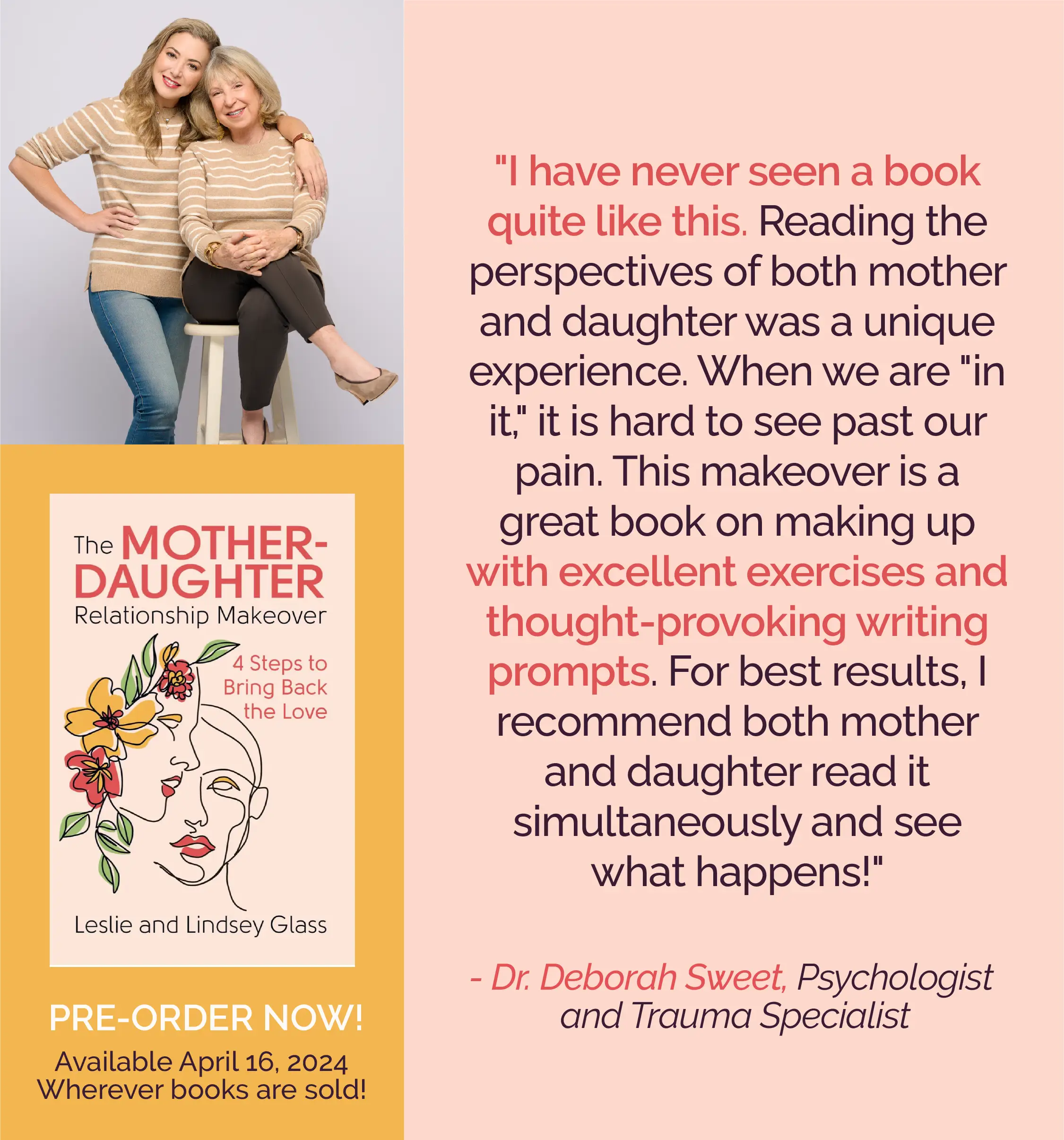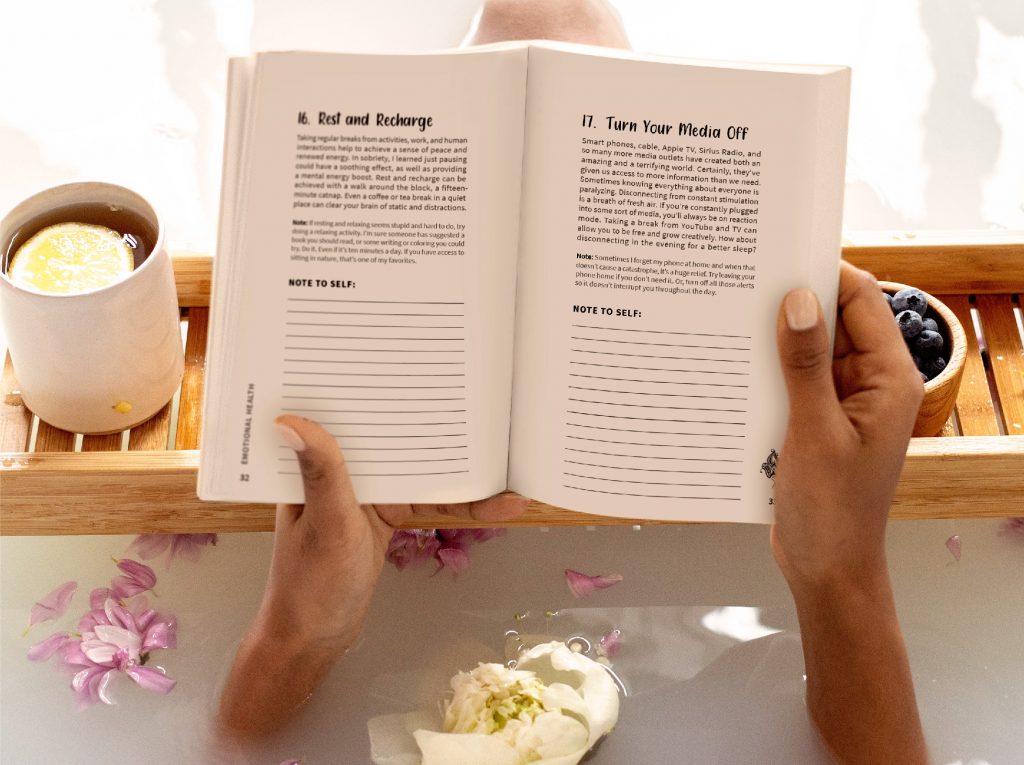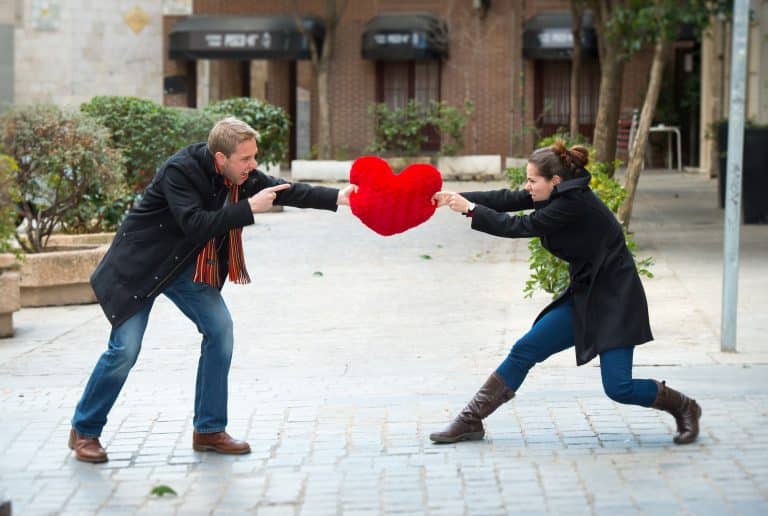Signs And Symptoms Of Emotional Abuse
Emotional abuse is learned. When you grow up in dysfunction, it’s easy to fall into unhealthy relationships as an adult. So, in many cases, emotional abuse is an unwelcome member of every family. Particularly for families experiencing substance abuse disorder in a loved one.
Did you know there are 27 million adult children of parents with Alcohol or Substance Use Disorders in the United States? And there are some 6 million children under the age of 18 living in homes where there is an alcohol or substance use problem. Yet, we don’t always acknowledge and cope effectively, which leads us to feel hopeless and helpless.
Emotional Abuse Is Part Of the Addiction Disease
There is hardly a family that hasn’t been emotionally and psychologically impacted by loved one’s use, and we all need help to heal. What happens in families with substance use? The effects of emotional abuse are a kind of destructive conditioning that paralyses us.
Emotional Abuse: People Who Rage All The Time
It’s very difficult to deal with people who get angry and deny they have a problem. Family members with substance use issues have wild mood swings and behave erratically when high, when coming down, when hungover and when craving more. Emotional abuse, verbal abuse, and even physical abuse along with the daily chaos become the family way of life.
Emotional Abuse: Denial, Secrecy, Covering up, Suppressing feelings
For friends, lovers, and family members acceptance that this is their reality, and nothing is likely to change, is tough. Our loved ones are denying their addiction, and we are too. Gaslighting happens when our loved one tells us he/she didn’t use or drink, or didn’t behave as we know he/she did. What is our common response? We think:
- It’s not sooooooooooo bad
- It could be worse
- He/she is just having a bad week or a bad run of luck
- He/she won’t do it again
Domestic violence is often a result of substance use. This kind of denial doesn’t occur with other chronic diseases. We find it easier to accept cancer, diabetes, heart disease. Maybe because we can all work together with physical illnesses to manage them. It’s harder with addiction.
Substance and alcohol use disorder (the new term for addiction) are now understood as a chronic relapsing brain disease that will not get better on its own.

Emotional Abuse: Red Flags That You Are In Denial
At first your loved one may try to distract you from finding out about the addiction. They might employ manipulation tactics like:
- Keeping you off base
- Putting you on the defensive
- Gaslighting you
- Hurting your feelings for no reason
- Making you over-react instead of think rationally
These constant barbs and arrows of a loved one’s bad or destructive behavior needs are actually forms of abuse. This kind of abusive behavior can also occur in people who are not using substances. There are plenty of controlling and narcissistic people among us who hurt others just to keep them in line. The effect of emotional abuse is to break us down and make us give up. This is when we need to get help.
With Substance Use Disorder, however, both abuse and denial of the abuse are a symptoms of the disease. Here are 19 symptoms of abuse. For every one, you may have many rationalizations of why it’s occurring or isn’t so bad.
19 Symptoms Of Emotional Abuse
- Humiliating and embarrassing you
- Constantly putting you down and then acting innocent, or saying you’re too sensitive
- The silent treatment – refusing to communicate
- Ignoring or excluding you
- Cheating on you or having extramarital affairs
- Being provocative with the opposite sex
- Using sarcasm and an angry voice when talking to you
- Being jealous for no reason
- Being extreme moody and changeable
- Constantly making fun of you and being mean
- Guilt tripping you about things you should have done
- Threatening “If you don’t____, I will_____
- Making everything your fault. You, you, you…
- Isolating you from your friends and family
- Using your money and stealing from you
- Keeping constant tabs on you: texting and calling on the phone
- Threatening to commit suicide
- Threatening to walk out of the relationship
- Having more than one addiction, not only to drugs or alcohol but to pornography and other substances
Substance abuse often leads to these forms of emotional abuse. They create unbalance, fear and anxiety, even PTSD in loved ones. They are more than just words that can be explained away. When you stop denying the reality, you can take the necessary steps to regain control of your own feelings and life. This is imperative to start the healing process.
Talk To A Professional Or Family Member Or Friend
Also, be sure to tell someone you trust what’s going on. Abuse can only thrive in silence. If those you trust don’t believe you, seek professional help immediately. It’s also the perfect time to join a support group. Al-anon, and Nar-anon are support groups for people who have been hurt by addiction. Many people have found life-long friends there.
Check Out Our New Book on Amazon 
Check out 100 Tips For Growing Up

Follow us on Instagram
Like us on Facebook
This Is How To Stop An Argument Cold
22 Tips For Sober Life This Summer
Growing Up In Recovery After You Get Sober
Healing the Body, Mind, and Spirit
There Is Hope For An Addict’s Mom





















